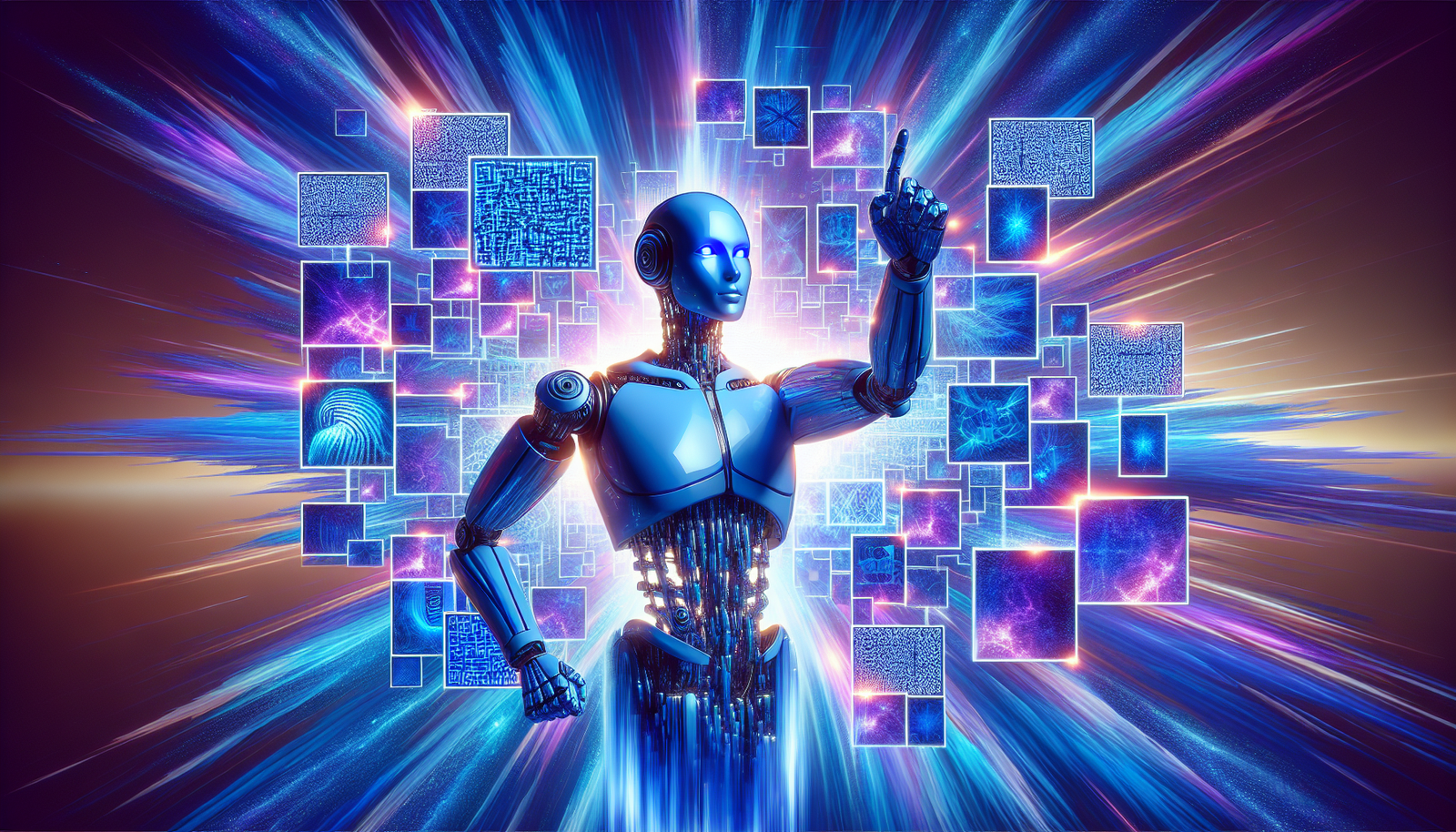The CAPTCHA, once virtual barriers against robots, falter in the face of the emergence of sophisticated artificial intelligence. An innovative study reveals that certain AI models, equipped with remarkable analytical capabilities, systematically surpass these security tests. Digital security, a major issue in our technological era, is undermined by the rise of algorithms capable of circumventing the intended protections.
The battle between platforms and AI models is no longer a simple struggle of innovation. Users wonder: how can we ensure data security in the machine age? This phenomenon raises crucial questions about the future of CAPTCHA and their effectiveness. A deep understanding of the techniques employed by AI opens new perspectives in the field of cybersecurity.
CAPTCHA vs AI: An unequal duel
CAPTCHA, these Turing tests designed to distinguish humans from robots, seem to be outpaced by technological advancements. A study conducted by ETH Zurich reveals that the ability of CAPTCHA to sort users is seriously called into question. By analyzing artificial intelligence models, researchers find that these models succeed in outsmarting these security devices with a disconcerting frequency.
The performance of AI models
An advanced AI model, based on the You Only Look Once (YOLO) architecture, has distinguished itself by its ability to solve CAPTCHA challenges with remarkable efficiency. During tests, this model consistently defeated CAPTCHA, illustrating the potential obsolescence of these systems. Researchers note that AI is not limited to bypassing basic security measures but comes to surpass them through advanced algorithms and a refined understanding of graphical elements.
The evolution of CAPTCHA
Faced with this threat, CAPTCHA designers must reevaluate the effectiveness of their systems. Traditionally used to prevent spam and protect websites, older generation CAPTCHA struggle to meet the challenges posed by contemporary AI models. An Italian transition is necessary towards more robust and adaptive solutions.
Effective alternatives to CAPTCHA
Progress in cybersecurity necessitates the exploration of viable alternatives. Several solutions are emerging, such as reCAPTCHA, which uses user behavior analysis to differentiate humans from bots. However, even these new systems present vulnerabilities in the face of the growing cognitive capabilities of artificial intelligences.
Consequences and implications
The implications of this rise of AI models are both potential and concerning. The increasing use of AI in cybersecurity raises ethical and legal questions. Companies and governments must urgently consider the ramifications of these technologies on privacy and digital security.
Proactive approach to the challenges
In this context, it becomes imperative to strengthen security measures. The integration of systems capable of machine learning can provide a dynamic response to new threats. Collaboration between AI experts and cybersecurity professionals is essential to develop adequate protections against these technical innovations.
Call to action for the technological community
The growing demands for digital security call for a rapid adaptation of the tools and strategies in place. The technological community must mobilize to counteract the new vulnerabilities brought about by developments in artificial intelligence. Technological improvements must proceed with ethical discernment.
As CAPTCHA lose their effectiveness, the quest for a sustainable remedy against cybersecurity breaches must necessarily go through thoughtful and collaborative initiatives.
A future where AI and cybersecurity coexist requires constant vigilance and the emergence of more resilient and cutting-edge models.
Towards strengthened cybersecurity
It is crucial to consider suitable tools to face future challenges, as the war between security devices and AI advancements will only intensify. The horizon of data protection depends solely on a proactive and innovative approach.
To delve deeper into the subject, it is advisable to stay informed about the evolution of security technologies and to be aware of the challenges looming on the horizon. Stakeholders in the technology sector must demonstrate a forward-thinking vision to anticipate the potential threats posed by increasingly powerful AI models.
For more information on the subject, consult key resources such as Microsoft and its use of AI, the impact of AI in advertising, and the use of AI for children’s books in local languages.
The challenges related to AI fit into a larger framework, prompting reflections on its future evolution and the status of Man in this new balance in the face of AI.
Frequently asked questions about AI models and their ability to surpass CAPTCHA
What is a CAPTCHA and why is it used?
A CAPTCHA is a Turing test used to differentiate humans from online robots. It is commonly used to prevent spam and protect forms on websites.
How does an AI model manage to solve CAPTCHAs?
AI models, especially those based on advanced architectures such as You Only Look Once (YOLO), learn to recognize the patterns and visual elements of CAPTCHAs, enabling them to solve them effectively.
Is the performance of AI models against CAPTCHAs infallible?
Although many AI models succeed in solving a large majority of CAPTCHAs, there are still specific challenges that can limit their effectiveness, depending on the complexity of the CAPTCHA.
What types of CAPTCHA are most vulnerable to AI models?
CAPTCHAs based on simple images or distorted texts are generally more vulnerable. More complex CAPTCHAs, incorporating interaction elements, tend to be more resistant to AI attacks.
Are CAPTCHAs still effective in 2024?
With recent advancements in AI, the effectiveness of traditional CAPTCHAs is being questioned. New solutions and alternatives are being explored to maintain online security.
What alternatives to CAPTCHA can secure websites?
Alternatives such as using behavioral analysis or authentication systems based on biometric data are increasingly being considered to enhance security without resorting to CAPTCHA.
How can users protect their online accounts as AI models bypass CAPTCHAs?
Users can strengthen the security of their accounts by adopting complex passwords, using two-factor authentication, and remaining vigilant against phishing attempts.
What future for CAPTCHAs in light of recent technological renovations?
CAPTCHAs will require regular updates to remain relevant. The future could involve smarter authentication systems that leverage AI to recognize typical human user behaviors.






